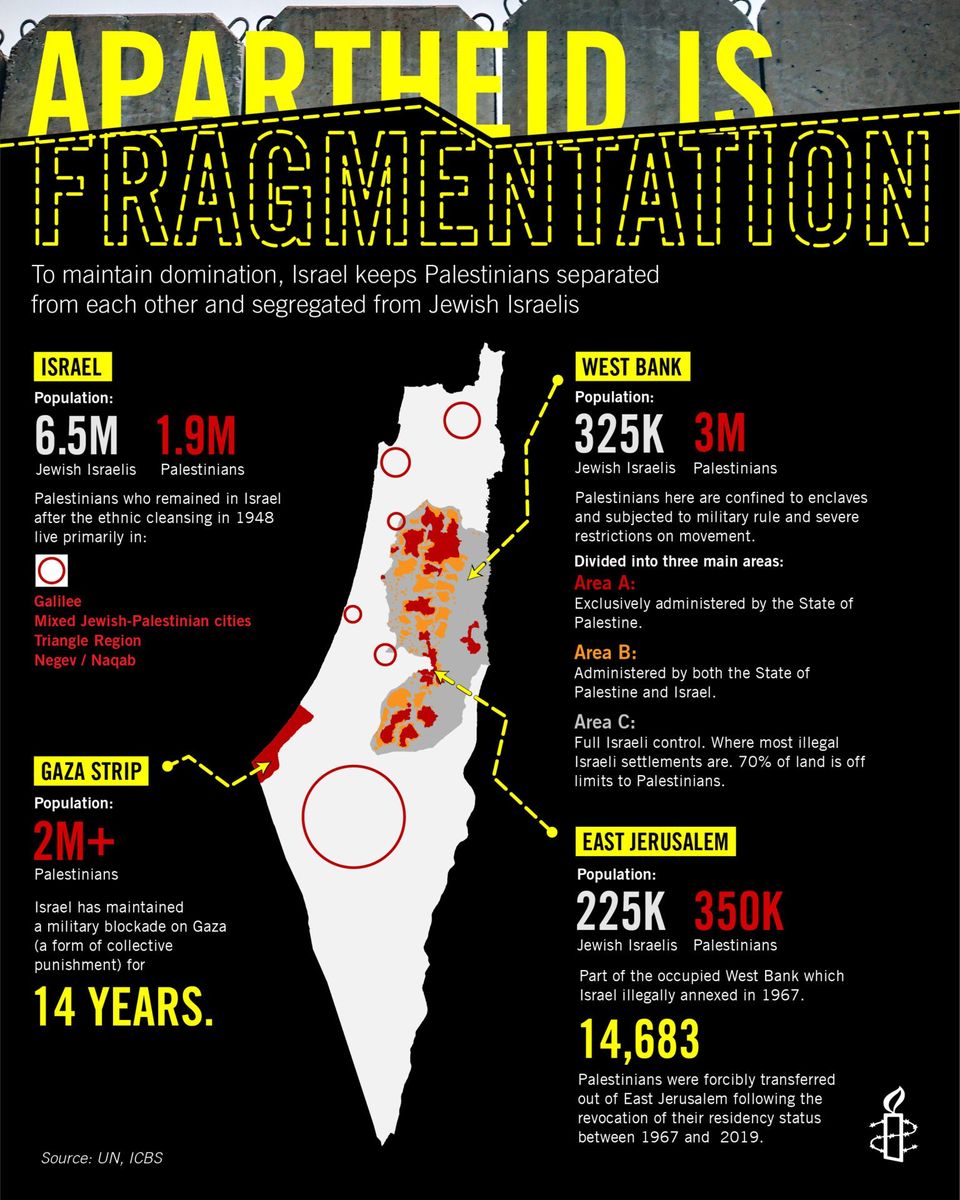The Fight for Indigenous Rights: A Closer Look at Brazil's Social Justice Protests

In recent weeks, Brazil has been the epicenter of a powerful social justice movement. Indigenous communities, backed by a multitude of supporters, have taken to the streets in protest against the government's handling of indigenous rights. This article aims to shed light on the ongoing struggle, the reasons behind it, and its implications for social justice in Brazil and beyond.
Indigenous rights have long been a contentious issue in Brazil. The country is home to approximately 900,000 indigenous people, representing over 300 different ethnic groups. These communities have historically been marginalized and their rights to land, culture, and resources have been continually threatened.
The recent wave of protests was triggered by a series of government actions perceived as detrimental to indigenous rights. These include proposed legislation that could potentially open up indigenous lands for mining and agriculture, and the government's alleged negligence in protecting indigenous communities from the COVID-19 pandemic.
The protesters' demands are clear: better protection for indigenous lands and cultures, and recognition of their rights as first peoples of the land. They argue that the government's current policies not only threaten their way of life but also contribute to the broader issue of environmental degradation.
The protests have garnered international attention, highlighting the global importance of indigenous rights. Indigenous communities are often the stewards of biodiversity-rich lands, and their protection is crucial in the fight against climate change. Furthermore, the recognition and respect of indigenous rights are fundamental to social justice, equality, and human rights.
However, the road to change is fraught with challenges. The government's stance, influenced by economic interests and political agendas, has been largely unsympathetic to the protesters' cause. Yet, the indigenous communities and their supporters remain undeterred, their resolve strengthened by the belief in their cause.
The ongoing protests in Brazil serve as a stark reminder of the social justice issues that persist in our world today. They underscore the importance of standing up for marginalized communities and the role each of us can play in advocating for social justice.
As the world watches Brazil, the hope is that these protests will not only bring about change within the country but also inspire a global reevaluation of how we treat indigenous rights. After all, the fight for social justice is a shared responsibility, and it is only through collective action that we can hope to see a more equitable world.




